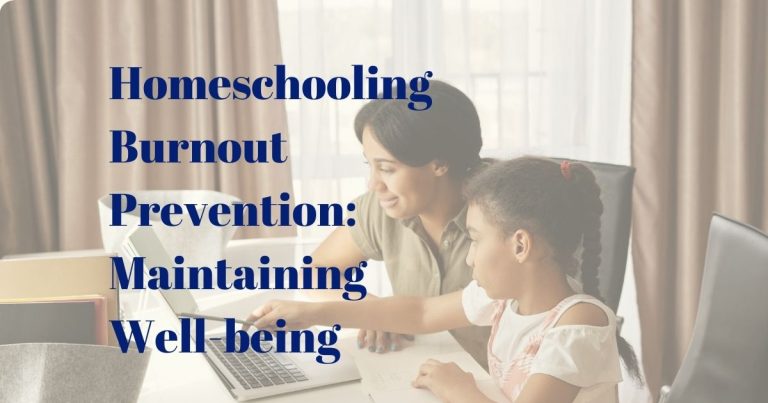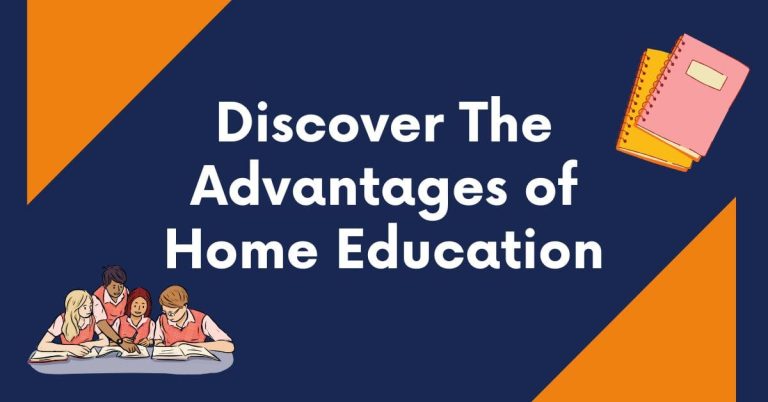What Is Elective Home Education Or EHE?
A parent can choose to educate their child or children at home, known as Elective Home Education or EHE.
It is a form of education in which a parent or guardian takes primary responsibility for educating their child or children outside of a traditional school setting. Elective Home Education can work well when it is a positive choice, carefully thought through and when the child is at the center. It does take a lot of time, energy, commitment and a lot of hard work.
Elective Home Education must be the parents choice. Schools must not try to persuade parents to home educate their child to avoid exclusion from school, because of poor attendance or for any other reason.
If your child is refusing to go to school, is at risk of exclusion or you as a parent are at risk of prosecution due to poor attendance, Elective Home Education is not always the correct path to choose. If you as a parent feel under pressure to deregister your child from school to home educate and this is not your choice contact your Local Authority.
Responsibilities in Elective Home Education
EHE means taking full responsibilities for your child’s education including all financial responsibilities. This means that you are responsible for what your child learns and for purchasing all resources for their education.
Parents are not required to:
- Have a timetable
- Have set hours during which education takes place
- Follow school hours, days or terms
- Follow the National Curriculum
However, the law does state that the education that you provide must be “suitable” and “full time”.
As a parent it is interesting to note that there is no legal definition of “suitable” but the government guidance does state that it must suit the child’s age, ability, aptitude and any special educational needs the child has.
Elective home education must equip your child for life within their community. This includes enabling your child to have the same opportunities and choices as other 16 year olds at the point when they finish statutory school.
There is no legal definition of “full time”
Expectations
Elective Home Education can be varied and flexible. A parent does not need to:
- Have any particular qualifications
- Give formal lessons with detailed lesson plans
- Formally assess their child’s work
- Teach the national curriculum
Exams
If your child is aiming to take exams you will need to plan well in advance how your child will access the exams as an external candidate.
Parents will have to bear the cost of the exam fee and associated costs such as travel, books etc.
Reasons Why A Parent Might Choose Elective Home Education
- Dissatisfaction with the school system
- Feeling that particular issues are not being met by the school such as bullying or Special Educational Needs
- Health Reasons
- Distance to a local school
- Cultural or ideological reasons
If You Decide to Home Educate
If you decide to home educate you must write to the school that your child currently attends to deregister your child. If your child has not yet started school and you have not registered for a school place then you do not have to inform anyone.
What To Consider Before Deciding to Home Educate
- Why are you thinking about Home Education and what does your child think?
- Can you provide everything to help your child develop?
- Do you have the time, resources and ability to teach?
- Do you have a support network in place in case you are ill or something happens?
Overall, elective home education is a great option for parents who want to customise their child’s education to meet their individual needs. It allows for a more personalised and flexible approach to learning that allows for creativity and exploration.



